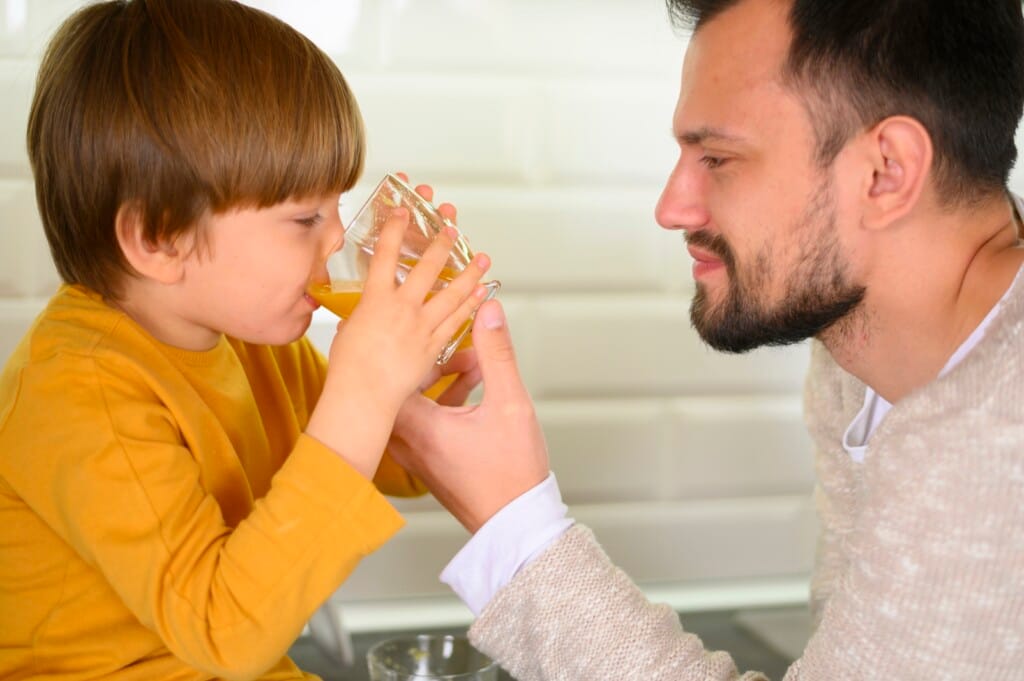Common Signs of Dehydration in Children Parents Should Watch For

Children are naturally active, often spending hours playing, running, and exploring without realising how much energy and fluid they’re using up. With their smaller bodies and higher activity levels, kids are more susceptible to dehydration than adults. That’s why parents need to stay alert to the early indicators that their child may not be getting enough fluids. Alongside understanding the warning signs, it’s also valuable to learn practical hydration tips for kids to ensure they maintain healthy fluid levels throughout the day.
Why Dehydration Happens in Children
Dehydration occurs when the body loses more fluids than it takes in. For children, this can happen quickly due to:
- Hot weather and excessive sweating
- High levels of physical activity
- Illnesses causing fever, vomiting, or diarrhoea
- Simply forgetting to drink enough water during busy play or school time
Recognising the early signs can prevent mild dehydration from developing into something more serious.
Common Signs of Dehydration to Look Out For
Dry Mouth and Lips
One of the first indicators of dehydration is dryness around the mouth. If your child’s lips appear cracked or their mouth feels sticky, it may be a sign they need water.
Dark or Reduced Urine
Healthy hydration usually means light-coloured urine. If your child is urinating less frequently, or if their urine appears darker than usual, this can point to dehydration.
Fatigue or Low Energy
Children are generally energetic, so when they suddenly seem tired, sluggish, or uninterested in their usual activities, it may be their body’s way of signalling low fluid levels.
Headaches and Irritability
Dehydration can trigger headaches and mood changes. If your child becomes unusually cranky or complains of a sore head, fluids could be the remedy.
Sunken Eyes or Tear Reduction
Noticeable changes in your child’s appearance—such as sunken-looking eyes or fewer tears when crying—may suggest moderate dehydration and should be taken seriously.
Dizziness or Light-headedness
If your child feels faint, dizzy, or has difficulty focusing, it could be a sign of more advanced dehydration and warrants immediate attention.
Helping Your Child Stay Hydrated
Parents can play a big role in preventing dehydration. Encourage your child to drink water regularly, especially before and after sport, and provide water-rich snacks such as fruit. Having a reusable water bottle at school or during outings can make it easier for kids to remember to drink. It’s also worth noting that sugary drinks or juices are not as effective as water when it comes to hydration, and they can contribute to other health concerns if consumed too frequently.
When to Seek Medical Help
Mild dehydration can usually be corrected by increasing fluid intake. However, if your child shows more severe symptoms such as extreme drowsiness, persistent vomiting, rapid breathing, or a racing heartbeat, medical attention should be sought immediately.
Final Thoughts
Keeping an eye out for the common signs of dehydration in children allows parents to respond quickly and keep their kids healthy and comfortable. With a proactive approach and the right strategies, parents can help ensure children develop healthy hydration habits that last a lifetime.
